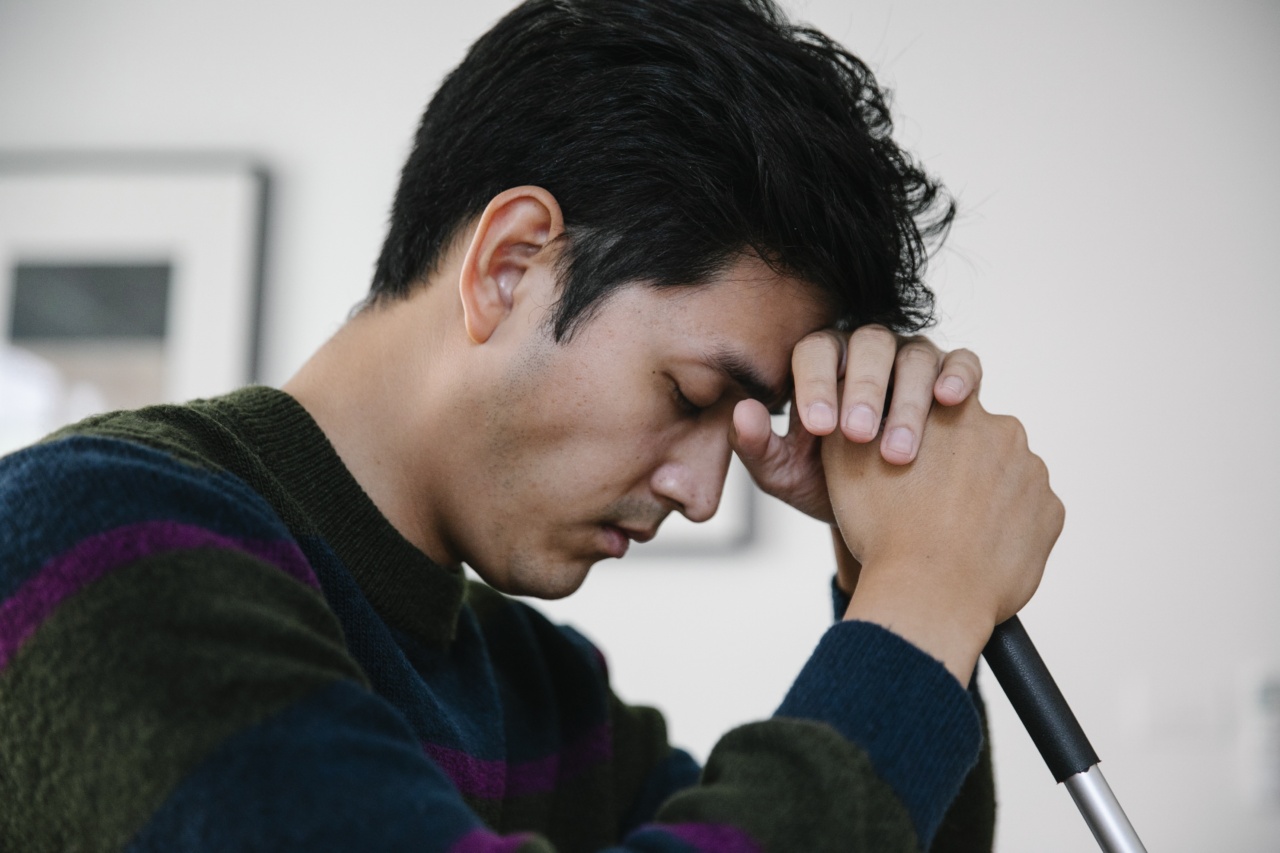Sleep is not only important for physical health, but it also plays a significant role in our mental and emotional well-being. A good night’s sleep can help us feel refreshed, energized, and ready to take on the day.
Unfortunately, getting a good night’s sleep can be easier said than done. To help you get the most out of your time in bed, we’ve compiled a list of six surprising tips for sleeping better.
1. Stop Trying to Sleep
It may seem counterintuitive, but trying too hard to fall asleep can be one of the biggest barriers to getting a good night’s rest.
When you put pressure on yourself to fall asleep, you may find yourself more frustrated and anxious, preventing sleep from coming naturally. Instead of stressing about drifting off, allow yourself to relax and let go. Read a book, meditate, or practice gentle yoga to help your mind and body unwind.
2. Turn Down the Temperature
While a cozy and warm bed may be comforting, keeping your room too hot can interfere with your ability to fall and stay asleep. Research suggests that the optimal temperature for sleep is around 65 degrees Fahrenheit.
This temperature range signals to your body that it’s time to rest and can help promote deeper sleep. A cooler sleep environment can also prevent night sweats and overheating, helping you sleep comfortably throughout the night.
3. Cut the Caffeine Earlier
Caffeine is a stimulant that can cause feelings of alertness and wakefulness- two things that can be great during the day but can negatively impact how well you sleep at night.
When you consume caffeine too close to bedtime, it can interfere with your ability to fall asleep or cause you to wake up frequently throughout the night. To ensure you get the rest you need, avoid consuming caffeine at least four to six hours before bedtime.
4. Practice Strategic Napping
While it may seem that sleeping during the day would make it harder to sleep at night, napping can actually be beneficial for getting more rest. Not all naps are created equal, though.
To get the most out of your napping, aim to nap for no more than 20 minutes and before 3 pm. This allows your body to catch up on any sleep it may have missed the night before without disrupting your body’s natural sleep-wake cycle.
5. Don’t Be Afraid of the Dark
While darkness is often associated with fear, it can be beneficial for getting a good night’s sleep. Our bodies have a biological clock, also known as the circadian rhythm, that tells us when it’s time to sleep and wake up.
Light exposure can interfere with this cycle, upsetting our body’s natural sense of when it should be resting. To ensure you get a good night’s rest, keep your bedroom dark and limit electronic devices that emit light, including TVs, cellphones, and computers.
6. Try a Sleep Supplement
If you’re struggling to get the rest you need, consider trying a sleep supplement.
While there are a lot of options out there, some of the most effective supplements for improving sleep include melatonin, magnesium, valerian root, and chamomile tea. These natural remedies can help promote relaxation and improve the quality of your sleep without relying on potentially harmful prescription sleep aids.
Conclusion
Getting enough sleep is important for every aspect of our lives- from our physical health to our mental and emotional well-being.
While a good night’s rest can sometimes be hard to come by, these six surprising tips can help you get the most out of your time in bed. By prioritizing relaxation, creating a comfortable sleep environment, and using natural remedies when necessary, you can achieve your best sleep yet.































